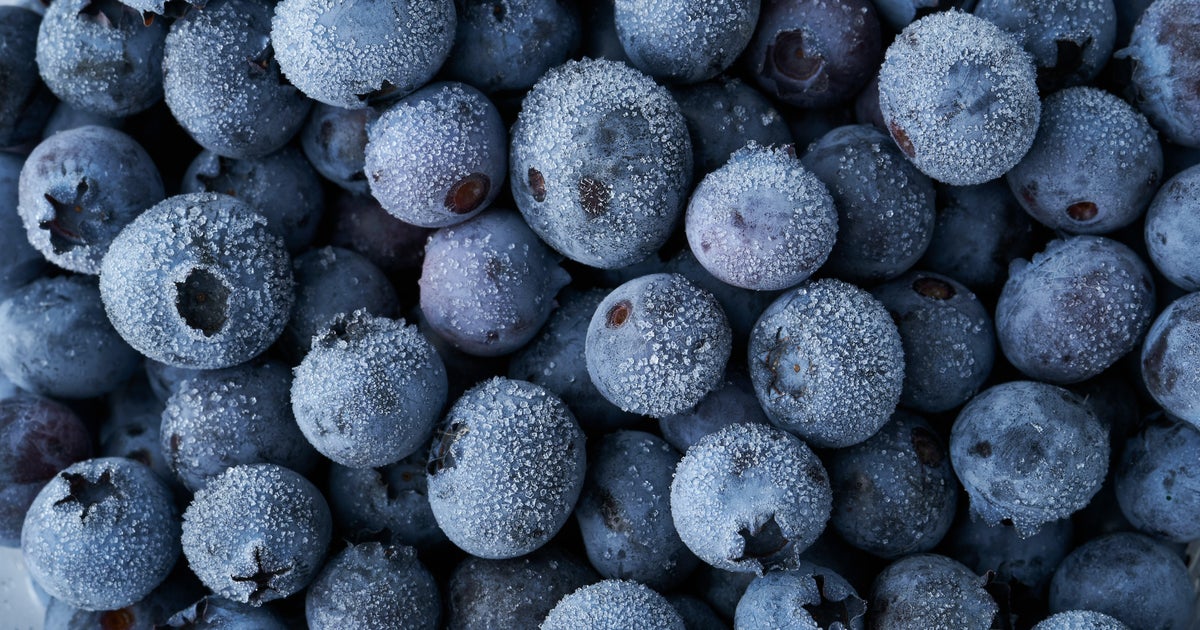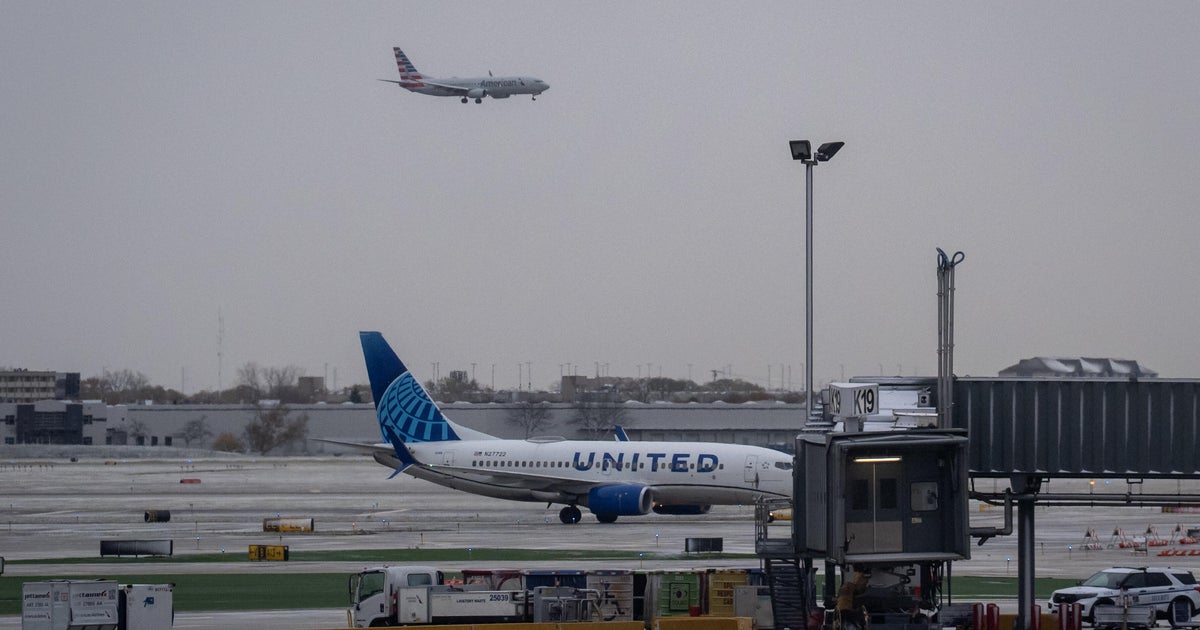FDA to propose limits on arsenic and lead in baby food
The Food and Drug Administration plans to propose limits on arsenic, lead and mercury in baby food, with the agency taking action two months after a congressional report found products from several of the country's largest manufacturers "tainted" with toxic heavy metals.
While the FDA has established acceptable levels of inorganic arsenic in bottled water, it doesn't regulate metals in infant and toddler food other than, starting last year, arsenic in rice cereal.
"We recognize that Americans want zero toxic elements in the foods eaten by their babies and young children. In reality, because these elements occur in our air, water and soil, there are limits to how low these levels can be," the agency stated. "The FDA's goal, therefore, is to reduce the levels of arsenic, lead, cadmium and mercury in these foods to the greatest extent possible."
Heavy metals find their way into fruits and vegetables from soil or water contaminated by sources including pesticides and fertilizers. Exposure to heavy metals can harm adults and children, but babies and toddlers are especially vulnerable given their smaller size and developing brains. Exposure over time can result in neurodevelopmental disabilities including autism in children, experts say.
The FDA intends to review the science, set maximum acceptable levels and monitor compliance by baby food makers, the agency said in outlining its multiyear strategy, called "Closer to Zero." Regulators plan to draft a standard for maximum levels of lead in baby food by April 2022 and for arsenic by April 2024, with a final ruling on lead coming by April 2024 followed by one on arsenic. The agency said it would also gather and review data on cadmium and mercury.
The toxin levels would be issued as guidance, and adhering to them would be voluntary for manufacturers.
Call for stronger action
The FDA's action drew muted praise from advocacy groups including the Environmental Working Group, which called on the agency to take stronger and speedier action on heavy metals.
"It's good that the FDA is finally proposing to propose limits on metals in baby food," Scott Faber, EWG's senior vice president for government affairs, said in a statement. "Setting draft levels will send a powerful signal to the food industry to do better. But proposing to propose is not the same as setting mandatory standards that baby food companies must meet. Parents should not have to wait — and Congress should not wait, but instead set interim levels in the law that companies must meet right away."
Gerber and other major baby food makers formed the Baby Food Council in 2019 with the goal of curbing heavy metals in baby foods to "as low as reasonably achievable."
Gerber — the country's biggest baby food manufacturer — said in a statement that it welcomed the opportunity to work with the FDA to make "the food supply even safer for infants and young children."
The FDA's move follows the recent introduction of the Baby Food Safety Act of 2021 by House Democrats Raja Krishnamoorthi of Illinois and Tony Cárdenas of California, along with Senators Amy Klobuchar of Minnesota and Tammy Duckworth of Illinois. The measure would require the FDA to set limits for baby cereal and other infant and toddler foods for cadmium, inorganic arsenic, lead and mercury.



